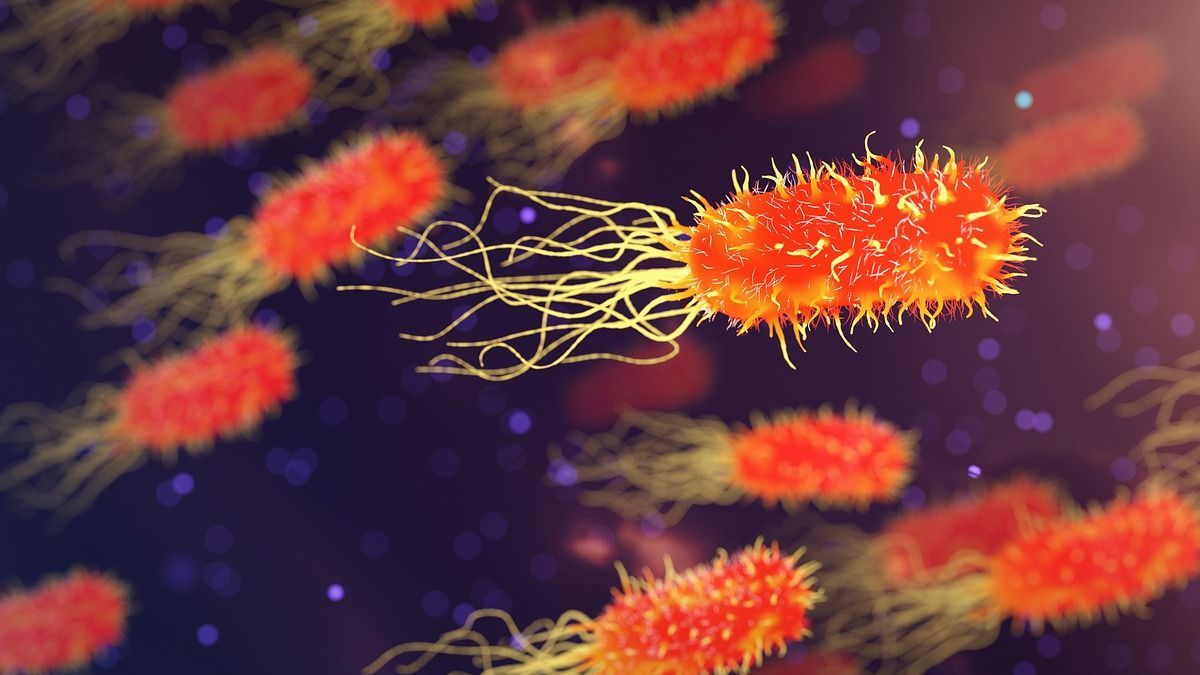Biomedical research and the development of therapies aimed at improving human health will go to a next level after a new discovery that revealed that physical communication between intestinal microorganisms and Nervous cells It is possible.
A team of the Complutense University of Madridin collaboration with the University of Turin, he showed that the bacteria present in the intestine establish direct communication with neurons
Celia Herrera-Rincón, One of the study researchers, declared for National Geographic that, until now, science considered that The influence of the microbiota on the brain was exerted only through indirect routessuch as the immune system or blood circulation. That is, it was thought that bacteria could not “speak” directly with neurons.
The study, which was published in the journal Scientific Reports, showed that a living bacterium can Modify the response of a neuron through physical contactwhich implies a paradigm shift in the way in which microorganisms modulate brain function.
An innovative methodology
This new advance was achieved by creating a small neuronal organ, called “Minicerebro”, Formed from neurons extracted from Rat brain.
In this way, they controlled cell growth during 14 days so that, during that period, they would establish connections that They will simulate the structure and functionality of real brain tissues.
This is how, through advanced microscopy and genetic analysis techniques, researchers observed that bacteria They firmly adhere to the surface of the neurons, without invading or penetrating their interior. According to National Geographic, these changes are linked to biological processes such as neuronal plasticity, inflammation or pathologies associated with the nervous system.
Bacteria+.jpg
Juan Lombardo Hernández, one of the authors of the study, stressed the relevance of the finding: “It is fascinating to think that neurons and bacteria, although they belong to different biological kingdoms, They could share a common bioelectric language based on ionic and potential membrane channels”He said.
This suggests the existence of a Shared code which enables molecular dialogue between different organisms. In this way, this direct understanding can substantially influence the understanding and approach of various diseases facing the future.
Source: Ambito
I am an author and journalist who has worked in the entertainment industry for over a decade. I currently work as a news editor at a major news website, and my focus is on covering the latest trends in entertainment. I also write occasional pieces for other outlets, and have authored two books about the entertainment industry.




